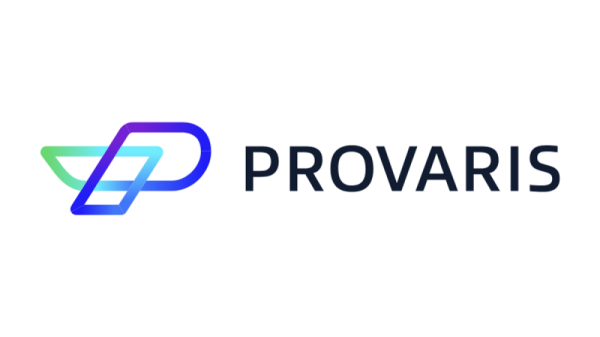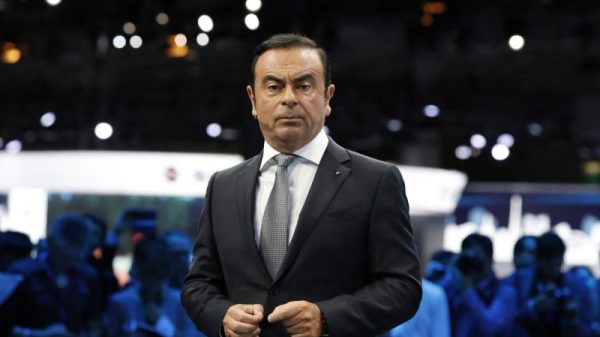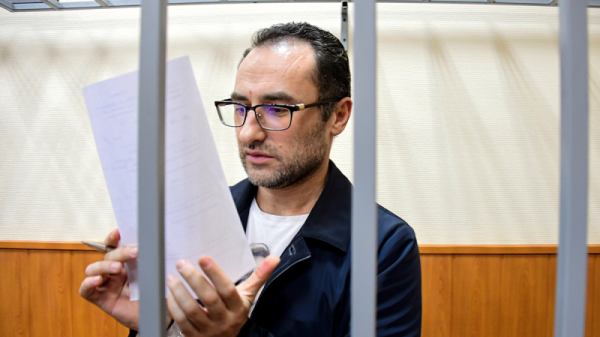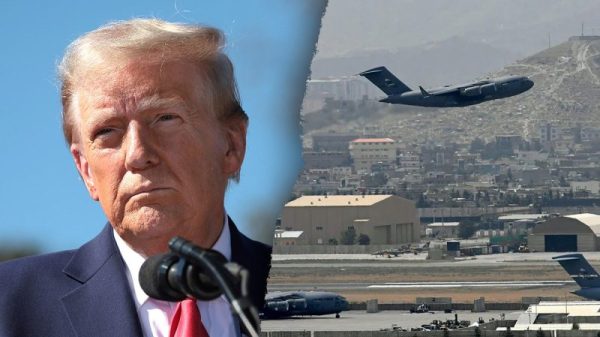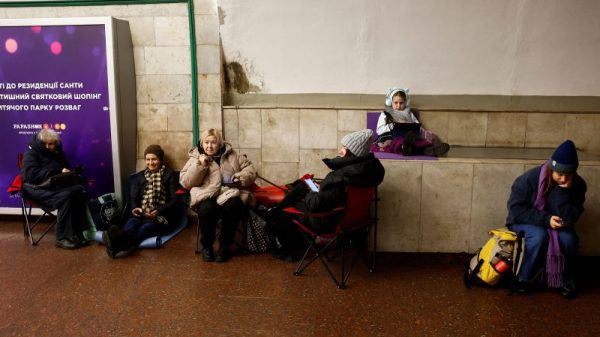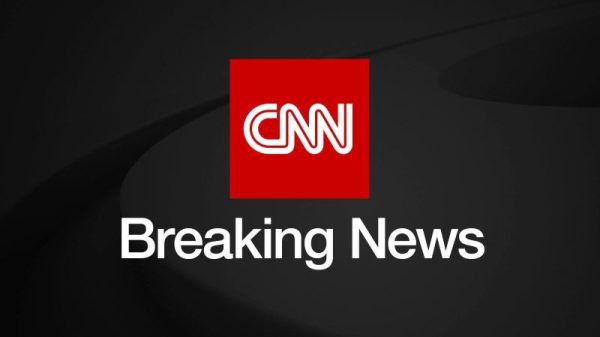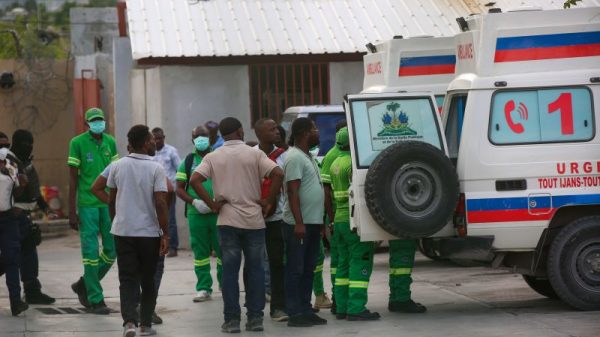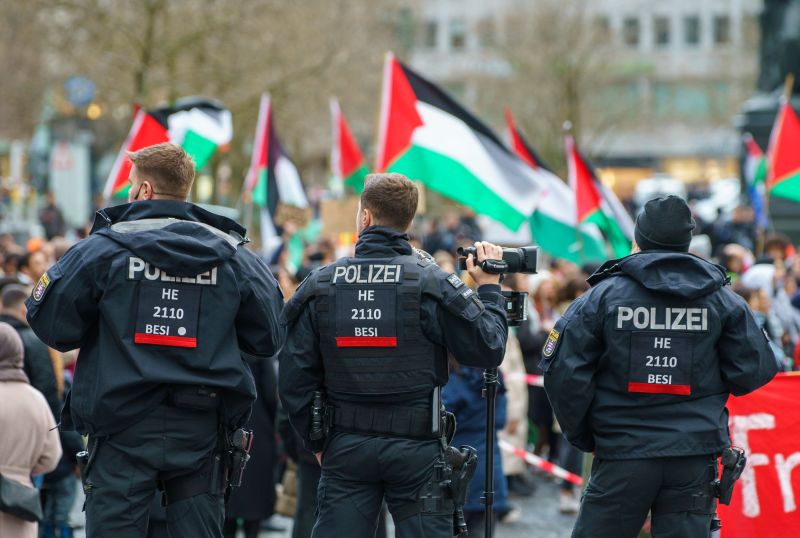As Israel battles Hamas in Gaza, European authorities have been tightening the net on the militants, with high-profile raids, financial curbs and a crackdown of its online activities. But no country has gone further in targeting an already-banned group and its supporters than Germany.
In Berlin, pro-Palestinian marches have been limited and schools have been granted the power to place bans on Palestinian flags and keffiyeh scarves.
Across the country, using the pro-Palestinian slogan “From the river to the sea” is now a criminal offense. The chant, used frequently at demonstrations, demands equal rights and the independence of Palestinians, although in some cases it is intended to call for the abolishment of Israel.
German politicians have repeatedly stated that Israel’s security is Germany’s “reason of state.” This term is a reference to Germany’s special relationship with Israel due to its Nazi past, which saw the German state systematically murder 6 million Jews in the Holocaust. This genocide profoundly shaped the country’s policymaking.
Friedrich Merz, the leader of the Christian Democratic Union, last year called for a signed statement confirming “Israel’s right to exist” as a prerequisite for German citizenship.
But Germans themselves are divided. In a January poll carried out by German public broadcaster ZDF, 61% of respondents did not consider Israel’s military campaign in Gaza to be justified.
Adding to a complex picture, Germany has the largest Palestinian diaspora in Europe, estimated at 300,000.
There are thought to be around 450 Hamas members in Germany and, like the rest of the European Union, Germany considers Hamas a terrorist organization.
The figure comes from The Federal Office for Protection of the Constitution (BfV), which in 2022 warned that “Hamas sees Western countries such as Germany as refuge in which the organization can concentrate on collecting donations, recruiting new supporters, and spreading its propaganda.”
But at the same time, Germany is facing questions over what its crackdown on a small number of Hamas members means for legitimate expressions of Palestinian solidarity and opposition to the war in Gaza. More than 26,000 people have died in the enclave since October 7, according to the Hamas-run Gaza health ministry.
Arrests and raids
An early warning of the risks the new conflict brought came in October, when Molotov cocktails were thrown at a Berlin synagogue. In line with other European countries, Germany stepped up security amid fears of further attacks. There were also reports of people celebrating the Hamas attacks on the streets of Berlin.
Then in December came the biggest flashpoint yet, as four alleged members of Hamas were arrested and accused of planning attacks against Jewish institutions in Europe. Three of the suspects were detained in Berlin and another in Rotterdam.
According to Germany’s top prosecutor, all four are longstanding members of Hamas with close links to the leadership of its military branch.
German media showed images of authorities retrieving ice packs from a Berlin apartment, which contained ammonium nitrate.
Hans-Jacob Schindler, senior director at the Counter Extremism Project (CEP), said ammonium nitrate – which is also used as a fertilizer – is the “explosive of choice” for making quick and cheap improvised explosive devices.
Overall, Schindler believes there are around 10,000 people in Germany who “broadly agree with what Hamas does and are willing to take part in demonstrations, raise funds and share propaganda.”
Asked if Hamas’ presence would expand in the wake of the October 7 attacks, Schindler said: “Yes, it has grown already.”
Germany and the Netherlands are not the only European countries to see raids on Hamas suspects.
But while such incidents grab headlines, more low-key efforts are also underway.
Police in the German city of Potsdam seized donation boxes from two fast food restaurants in November.
The boxes were labelled “Die Barmherzigen Hände e.V.” or “Merciful Hands” – a charitable association which states on its website that it has now dissolved.
Brandenburg’s Office for the Protection of the Constitution has launched an investigation, but previously named “Merciful Hands” as a “contact point for Hamas supporters”.
According to The George Washington University, charitable organizations are one of the most common vehicles used by Hamas networks in the West to collect funds.
“Hamas is pretty good at laundering funds and masking what it is doing,” he said.
“The majority of people who are donating to these charities don’t know [they are supporting Hamas] because they present themselves as charities that are just helping Palestinians.”
Germany’s neighbor Austria has also grappled with the issue of Hamas fundraising, suspending aid to Palestinians in the wake of Hamas’ attack pending a review into what the funds were being used for.
The suspension was lifted on December 7, since the review found no indication funds were being used for terrorism.
This hints at the dilemma facing international donors keen to help ease the ongoing humanitarian crisis in Gaza. Germany itself stepped up its assistance earlier this year.
Spreading propaganda
On November 2, Germany took the step of banning Hamas and all activities linked to the group. Although Hamas was already a proscribed terror group, the move gave authorities greater power to target supporters, including on social media.
The EU has put pressure on social media giants to combat disinformation related to the Gaza conflict, while US intelligence agencies have warned Hamas is boosting its influence, in part due to viral propaganda videos.
According to the Atlantic Council, a research group focusing on international relations, Telegram channels run by Hamas have experienced significant growth since the start of the conflict. A Hamas-aligned channel called “Gaza Now” has also drastically increased its number of subscribers, nearly doubling in size within the first 24 hours of the conflict.
Schindler believes that Hamas has been increasing its propaganda efforts in Europe because it knows it cannot win a conflict by conventional means.
“Hamas understands that there’s no way militarily that they can prevail against the IDF [Israel Defensce Forces]. So they have to have a couple of building blocks in place in order to make sure that Hamas as an organization has a chance to survive,” he said.
As part of this strategy, according to Schindler, Hamas is pumping propaganda into Germany over its social media channels daily to try and build a following.
Professor Yossi Mekelberg, an associate fellow of the Middle East and Africa Programme at Chatham House, believes the largest security threat comes from “general radicalization as a result of what is happening in Gaza and the West Bank.”
“There might be some [Hamas] cells in different places in Europe, but the main concern is how certain already-radicalized groups might react to [the war in Gaza] and decide to act through terrorism.
“The radicalization happens at home, but it’s affected by events abroad. The war in Gaza will have great influence because there are double standards in the killing of Israelis compared to the killing of Palestinians.”
‘Muslims in Germany are not Hamas’
Berlin’s refusal to authorize many pro-Palestinian demonstrations since October 7 has been criticized as infringing on the right to freedom of assembly.
Germany, though, has the legal capacity to crack down on anything that could be considered antisemitic due to what it calls its “special responsibility” to the Jewish people because of the Holocaust.
At the same time, this has triggered warnings that the actions could alienate a significant proportion of Germany’s population. The bulk of the anti-war protests have been peaceful.
One protester at an unauthorized march in Berlin last year told Reuters: “I feel that in Germany we’re not allowed to speak our mind.”
Human Rights Watch (HRW) said authorities “should avoid restrictions on protests unless they are absolutely necessary.” Criminalizing or banning general Palestinian symbols is a discriminatory and disproportionate response, the organization added.
However, she added that we must be careful not to equate pro-Palestinian supporters with Hamas sympathizers in Europe.
“Not every expression of solidarity with Palestine is support for Hamas; the desire for the Palestinians to have their own state and for peace is not antisemitic; a Palestinian flag is not a criminal offense.”
She emphasized that Muslim communities in Germany have felt ostracized in light of the events in the Middle East, with many talking of a “cold social atmosphere” which has placed Muslims “under general suspicion.”
“Despite the need to safeguard Jewish life in Germany and to resolutely combat the extremism of Hamas and other groups, we must always make it clear that Muslims in Germany are not Hamas and that their concerns, fears and opinions must be taken seriously and given space.”
Nadine Schmidt reported from Berlin and Sophie Tanno reported from and wrote in London.


